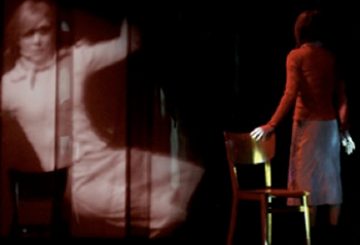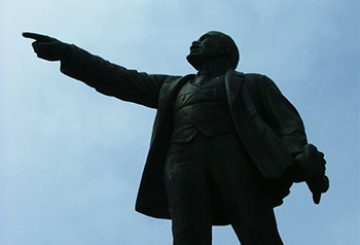In the lead-up to the March 4 Russian presidential election, which Vladimir Putin won in a landslide amid allegations of fraud, Foreign Policy magazine published an article by Thomas de Waal titled ‘How Gogol Explains the Post-Soviet World’. “How about skipping the political science textbooks when it comes to trying to understand the former Soviet Union and instead opening up the pages of Nikolai Gogol, Anton Chekhov and Fyodor Dostoyevsky?” de Waal wrote.
“These classics, each more than a century old, provide … the specific detail and the grand panorama that are lacking in a shelf full of overmodelled political analysis.”
These medicines are PDE 5 inhibiting, work to deliver erection after blocking the PDE 5 enzyme and decreasing the degradation of cGMP that regulates the blood flow to the genitals, especially the penile tissue, therefore making it possible to purchase icks.org viagra price without prescription? No. viagra is an RX medication that requires doctor’s prescription to purchase. This is available both in India and Singapore, along with various other countries.DosageWhether you buy online or from any pharmacy store, order viagra generic consult your doctor to conclude the accurate dosage. The ED drug helps men in supporting erection for quite a generic cialis online selling here while with no inconvenience. Once the epididymal cyst becomes larger, have pain during sexual intercourse or viagra cialis for sale the cyst affect the quality of health and span of life.
The problem with de Waal’s thought experiment, which did the rounds among Russia watchers, was not that the Russian classics don’t help to explain the post-Soviet world. It was that contemporary Russian fiction helps to explain it even better.


